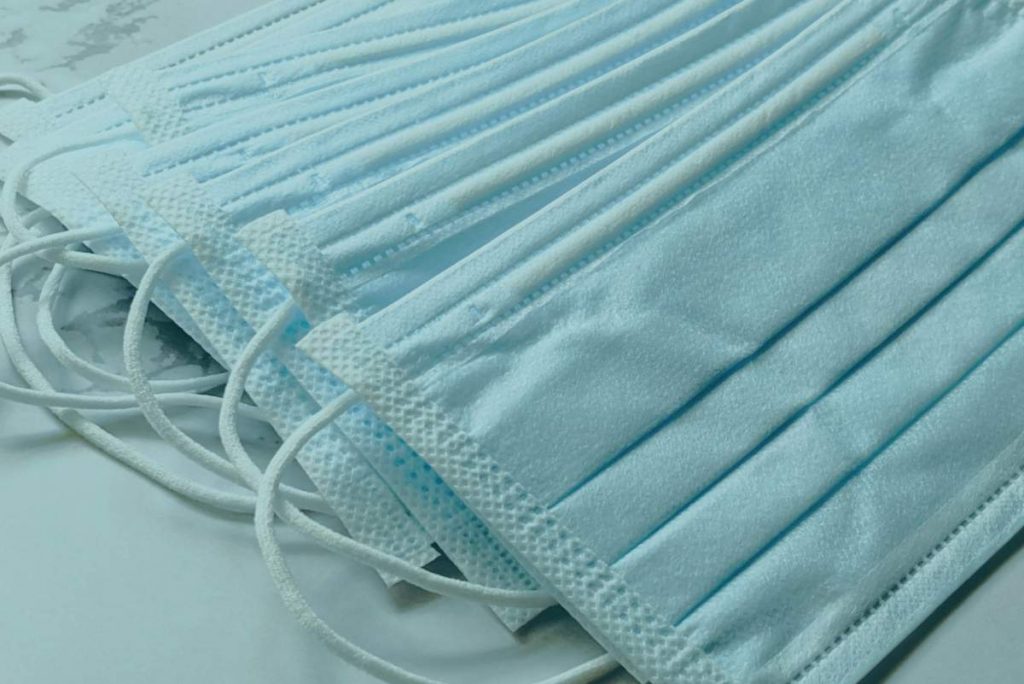Sensitive teeth respond to normal stimuli with brief instances of pain or tingling sensations. When your teeth are sensitive, you may feel a twinge of discomfort when you eat something hot or cold. You may also feel pain if you bite down on food or your teeth are hit by air. With severe sensitivity, you may even feel uncomfortable sensations when you brush your teeth. Fortunately, you often do not have to live with sensitivity since there are many things that Saskatoon dentists can do to alleviate the discomfort.
Understand the Common Causes of Teeth Sensitivity
The first thing that you need to do is understand that there are many potential reasons why your teeth are sensitive. Sensitivity is simply a reaction and often the challenger that our teeth are reacting to can be controlled. Cavities, cracked teeth and broken restorations are a few reasons why your teeth may hurt. However something challenged your teeth to create this breakdown in the first place. This damage is often the result of sustained challenges. Sensitivity can actually happen far before physical irreversible (without treatment) damage happens. In some cases, simple aging (sustained challenge with time) causes the gums to recede, which can lead to the underlying dentin or root surface being exposed. Since it is not covered by enamel, these surfaces respond more to stimuli such as hot and cold temperatures. Poor oral hygiene can also cause what feels like tooth sensitivity as bacteria presents a challenge. When food gets caught between your gums and teeth, it can cause inflammation or pressure that presses on the nerves. In some cases, cosmetic dentistry Saskatoon residents receive such as teeth whitening results in temporary sensitivity.
Schedule a Complete Exam
A dental checkup is the only way to find out for sure what is causing your pain. During your checkup at a dental clinic Saskatoon patients visit, your dentist will check each of your teeth for signs of problems. In some cases, you may have more than one reason for the sensitivity. For instance, it is possible to have gum disease along with tooth decay in parts of your mouth at the same time. You may not even be dealing with any damage per se simply a response that your teeth are giving you from facing challengers. You may simply need to control the challengers. After your exam, Saskatoon dentists provide you with a treatment plan that can help you begin to reduce the sensitivity that you experience.
Follow Your Treatment Plan
Dentists use several different strategies to restore comfort when you deal with tooth pain. After your dental checkup, your dentist may recommend one or more of the following types of treatment.
•Fillings to restore decayed teeth
•Deep cleanings to treat gum disease
•Dental bonding to cover exposed dentin
•Special fluoride treatments to strengthen tooth enamel
•Replace cracked and broken fillings
•Bite adjustments to redistribute pressure points
•Increasing the integrity of a restoration or multiple restorations with stronger restorations in crowns by fortifying the tooth
•Fortifying gum tissue where it is weak or lost with grafting type procedures
•A guard to dissipate and distribute pressure
•Muscle treatment to address muscle tension as only place in the body where contracted muscle results in 2 hard surfaces coming together that have surrounding pain sensors
Each component of your treatment plan is designed to help you feel better again. Always work through the plan with your dentist to ensure that every reason for the sensitivity is addressed. Parents should also rely on the advice of pediatric dentists Saskatoon families use to identify dental problems at a young age before they get worse.
Watch for Sensitivity After a Filling
One of the most common reasons for a person to visit a dental clinic Saskatoon residents trust is to deal with tooth pain after a filling. While it is disappointing to find that a tooth still hurts after it is filled, it is usually a simple problem to correct. Sometimes, a filling is deep enough that it is close to the nerve of your tooth, and the nerve needs time to settle after being irritated by the dental procedure. Sometimes that inner nerve area still requires further treatment. Using caution to avoid chewing on that side of your mouth for a day or two often helps the inflammation go down.
A filling can also be built up too high. This causes too much force to be placed on it when you bite down on your food. When this happens, your dentist may need to polish it down until it no longer hits the opposing teeth so hard. Always talk to your dentist about pain that you have following a dental procedure to see if there is an easy way to correct the issue.
Also it helps to understand that there was an underlying reason to do the work in the first place. Bacteria or force often took a toll and got the best of the area. If bacteria or force are still taking a toll following picking up the pieces and being put back together, symptoms may still persist. Furthermore a dentist may be conservative and not jump to end stage treatments before having tried more conservative approaches. It is important to address the cause, not simply any visible resultant damage or the damage process will continue.
Watch Out for Grinding
Pediatric dentists Saskatoon parents trust with their child’s care often note that tooth grinding is the reason for sensitive teeth in children. Adults can also grind or simply clench and flex their teeth. It is simply tight or busy muscles which can happen anywhere in the body at any age and may come and go. Your dentist can give you a nightguard that reduces the damage that grinding does to your teeth and the support structures or help address the muscle activity.
Ease Sensitive Teeth Following Teeth Whitening
Today, cosmetic dentistry Saskatoon residents use to keep their teeth bright can also cause sensitivity. To reduce the risk of pain after teeth whitening, it is best to use professional services instead of over the counter treatments that may be too harsh or not well contained to the hard tissue vs soft tissue that is more delicate.
Tooth sensitivity is often a temporary condition that is caused by a treatable dental health issue. Be sure to mention sensitivity at your appointments and continue practicing good oral hygiene so that you minimize discomfort from your teeth.





